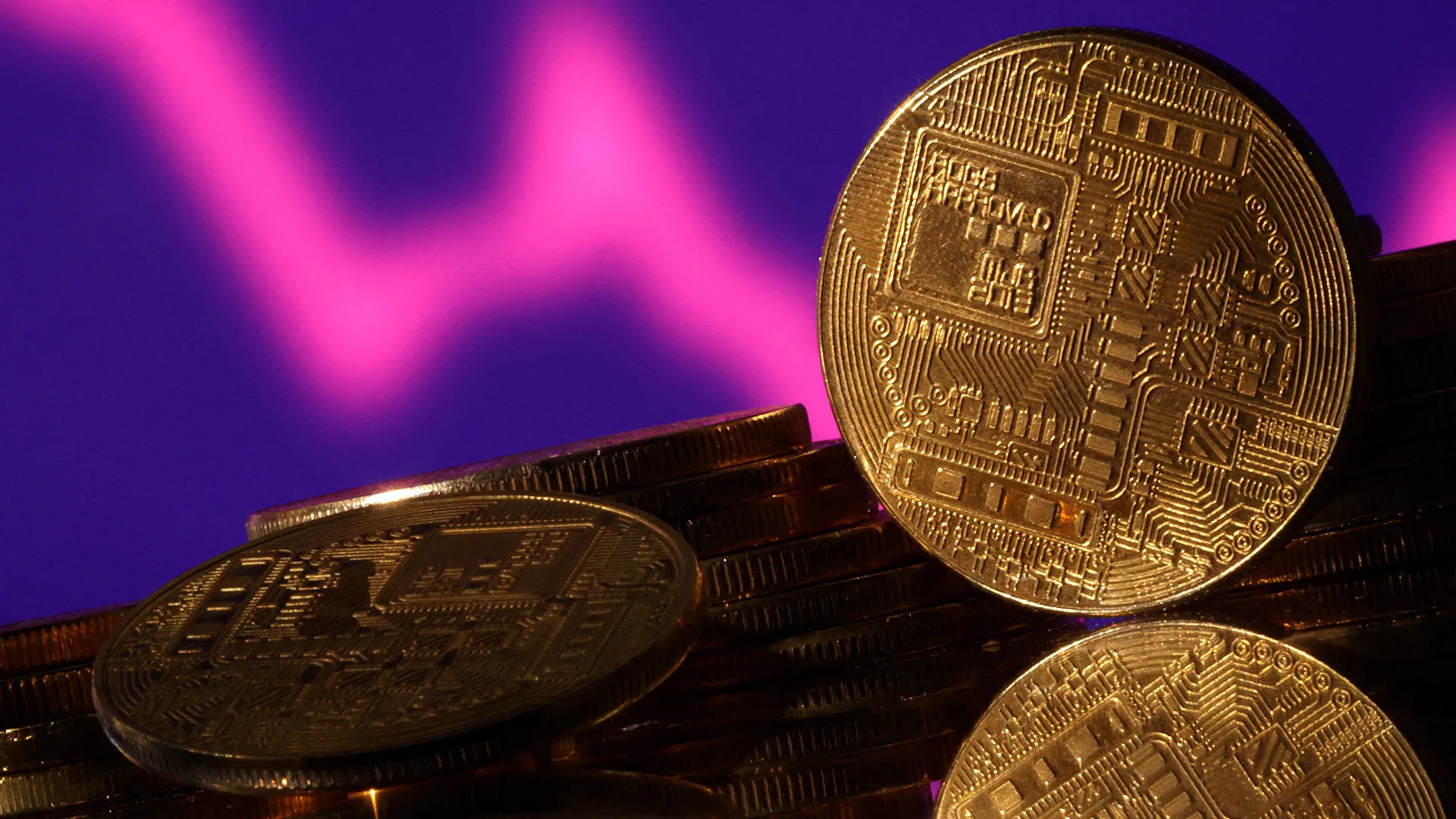
"The growth of the market for tokenized assets has been far slower than expected in recent years, with many projects still in their infancy or not yet live."
"Tokenization generally refers to the process of turning financial assets, such as bank deposits, stocks, bonds, funds, and even real estate, into crypto assets."
"Stablecoins can be seen as an example of tokenization, designed to maintain a constant value by being pegged to a real-world currency."
"Stablecoins allow people to move money across borders without interacting with the banking system, providing a lifeline for people in countries without developed payment systems."
Tokenization refers to converting financial assets like bank deposits, stocks, and real estate into crypto assets on a blockchain. Despite expectations, the market for tokenized assets has grown slowly, with many initiatives still in development. Stablecoins exemplify tokenization, maintaining a stable value linked to real-world currencies, particularly the U.S. dollar. They offer a means to transfer money internationally without the banking system, which some critics argue could facilitate criminal activity. Supporters claim they benefit users in regions lacking advanced payment systems.
Read at Fast Company
Unable to calculate read time
Collection
[
|
...
]